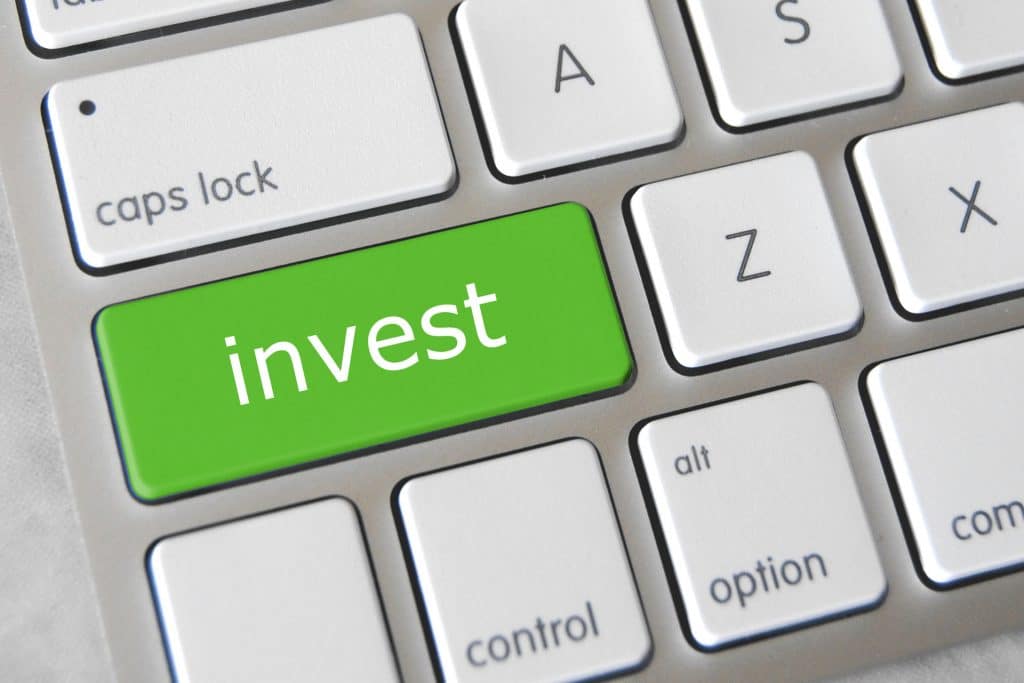Navigating the Exempt Market

Startly Capital has profiled various exempt market offerings in Canada and the United States, but so far the focus has largely been on the issuing party: small- and medium-sized businesses, startups, etc. But what about the investors who are staking their money on these emerging businesses; how do they navigate the exempt market vis-à-vis other options on public markets?
First and foremost, the guiding dictum of sound investing should apply here as well: a diversified portfolio is a healthy portfolio. The exempt market is a great way for investors to gain exposure to small and private companies, which can potentially offset more cyclical exposures in public market holdings and bonds.
But this doesn’t mean that investors should jump into the exempt market head-first. Like with any investment, not all exempt market offerings are created equal, and broadly speaking they can carry a greater risk premium than their public counterparts.
Some points that every exempt market investor should consider:
- Exempt market securities tend to be more illiquid than publically-traded equities. Investors won’t necessarily be able to pull their money out on short notice; in fact, many exempt securities carry strict restrictions on if and when they can be re-sold. Therefore, investors should ensure that they have the time and financial resources to remain in it for the long haul.
- Investing in a new Canadian tech startup can be a once-in-a-lifetime opportunity; but in some cases it can be a total bust. Some exempt market securities are high-risk, high-reward and investors should always be fully aware of these risks before making any purchase.
- The exempt market can provide opportunities for Canadian investors to gain exposure to specific industries. In Ontario, one particularly popular target has been the real estate market. According to the OSC’s most recent data, some 39% of the total capital invested by individuals went toward real estate and mortgage investments in 2017.
- Information is harder to come by for exempt market offerings, as they carry less stringent disclosure offerings than publically-traded securities.
- While regulation and enforcement are tightening up all the time, scammers have been known to target exempt market investors in the past. The OSC lists four golden rules for identifying a suspicious offering: 1) it offers high returns and low risk; 2) it involves a ‘hot tip’ or insider information; 3) the investor is pressured to buy it quickly; and 4) the seller is not registered to sell investments. The OSC also provides a more exhaustive list of scams to look out for here.
The above list contains several useful tips, but it also serves to illustrate the importance of an exempt market dealer for potential investors. Canadian exempt market dealers are legally obligated to both ‘know your product’ (KYP) and ‘know your client’ (KYC). This means they do the heavy-lifting on due diligence and weeding out any fraudulent or financially dubious investments. The ‘know your client’ imperative means they can identify and recommend investments that are best suited to an individual’s investment goals in terms of acceptable risk levels, duration, and/or dividend income. Not all exempt market dealers are the same, and in the past some have been found wanting in terms of their commitment to KYC and KYP. So as an exempt market investor, it’s important to find a dealer that you’re comfortable with, and one that has an established reputation for integrity and performance.
The information in this article is for educational purposes only and does not constitute legal, financial or investment advice.
